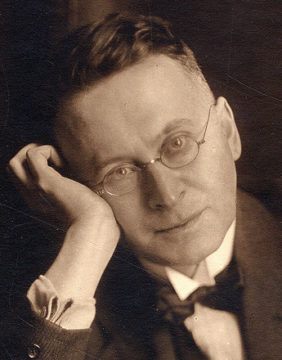 Ari Linden in Public Books:
Ari Linden in Public Books:
We know that things in our world have gone awry when Franz Kafka resonates: “The world will offer itself to you to be unmasked, it cannot do otherwise, it will writhe in front of you in ecstasies.” As we all anxiously await a less metaphysical unmasking, such a sentiment speaks to a current mood of tenuous anticipation, as it likely would have in the early 20th century had the text in which it appears been published along with Kafka’s more famous works. Instead, it is included now in a slim volume titled The Lost Writings, composed primarily of short stories and fragments that have been “lost to sight for decades.” Curated by the Kafka scholar and preeminent biographer Reiner Stach and sifted from the Nachgelassene Schriften und Fragmente, these texts have been newly translated into English by Michael Hofmann, two of them for the first time. To give a sense of Hofmann’s literary instincts: “exposed” or “disclosed” would have worked for “Entlarvung” in the aphorism above, but “unmasking” was clearly the right choice.
Scholars have frequently alighted on notions of negativity or absence as the paradoxically defining feature of Kafka’s work. Most recently, Paul Buchholz has written on Kafka’s literary “self-nullification,” which nonetheless contains a quasi-redemptive moment: “a lonely protagonist may erase the world around him, fall into an abyss that he has created for himself, and finally find there the conditions for affirmative community.”
More here.
